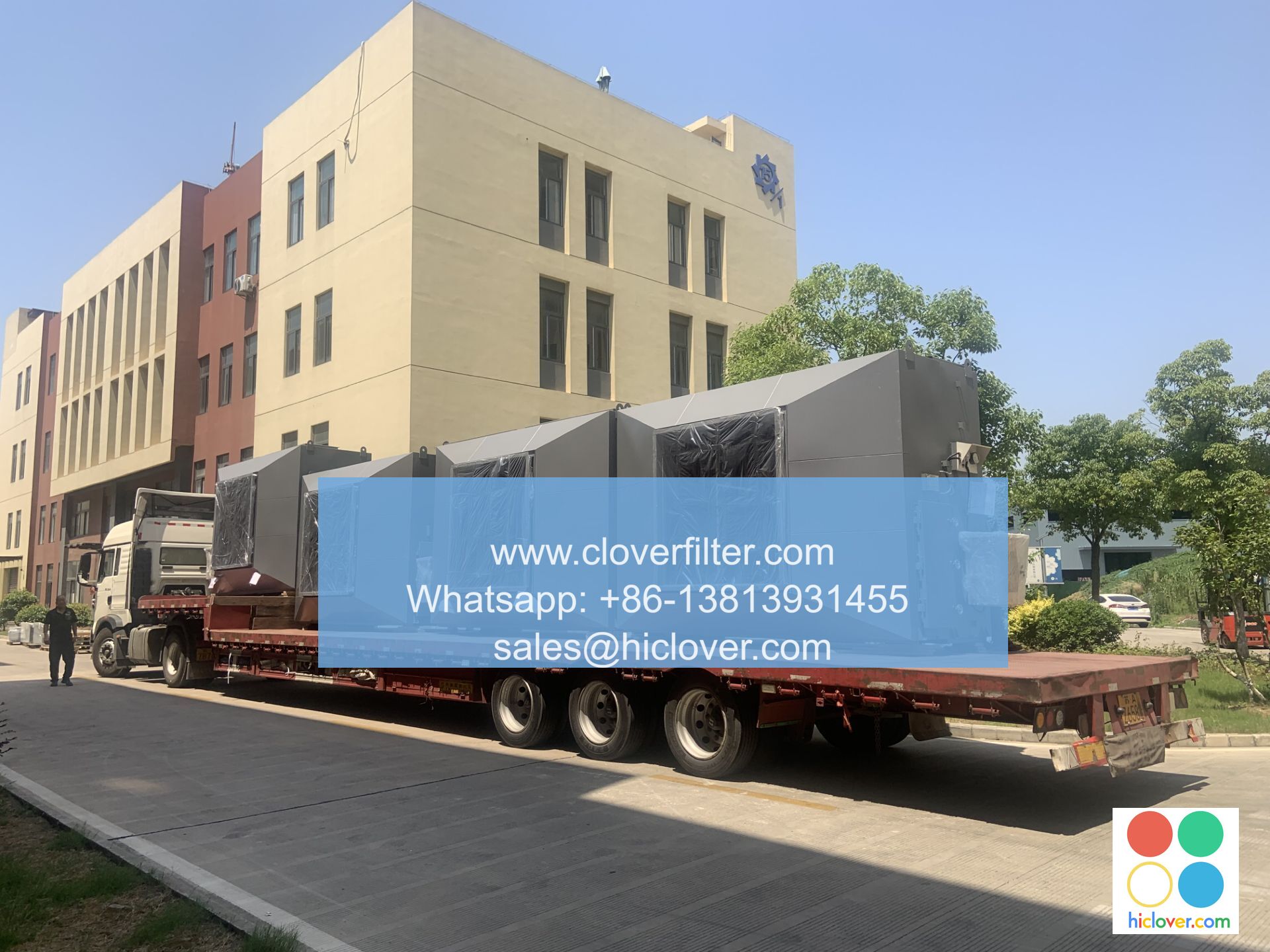The Top 3 Ways to Reduce Your Energy Bills with the Right HVAC Air Filter

Reducing Your Energy Bills with the Right HVAC Air Filter
As energy bills continue to soar, homeowners and businesses are searching for ways to reduce their utility costs. One often-overlooked solution is the humble HVAC air filter. By selecting the right air filter for your Heating, Ventilation, and Air Conditioning (HVAC) system, you can significantly decrease your energy bills and enjoy improved indoor air quality. In this article, we’ll explore the top 3 ways to reduce your energy bills with the right HVAC air filter.
1. Improve Efficiency and Reduce Strain on Your System
A clean and effective HVAC air filter can significantly reduce the strain on your system, resulting in lower energy consumption and increased efficiency. As air passes through the filter, it slows down and allows for more even heat transfer, which reduces the need for your system to work harder to circulate air. By choosing a filter with a higher MERV rating (Minimum Efficiency Reporting Value), you can:
- Maximize Your HVAC System’s Lifespan: A dirty air filter can increase your system’s energy consumption and reduce its lifespan. A MERV-rated filter ensures clean airflow, extending the life of your equipment and saving you money in the long run.
- Reduce Cooling Costs: By optimizing airflow, your system won’t have to work as hard to cool your home or office, resulting in lower energy bills.
- Decrease Your Carbon Footprint: With an energy-efficient HVAC air filter, you’ll not only save money on your utility bills but also contribute to a cleaner environment.
2. Minimize Moisture and Dampness in Your Space
High humidity can lead to condensation, which can increase energy consumption and even damage your home or business. A proper air filter can:
- Capture Moisture-Related Contaminants: High-efficiency air filters are designed to capture mold spores, bacteria, and other moisture-related contaminants that can contribute to indoor humidity issues.
- Prevent Duct Leaks: By maintaining proper airflow, an effective air filter can prevent leaks in your ductwork, ensuring that cooled air reaches every room and minimizing wasted energy.
- Reduce Risk of Mold Growth: With clean air passing through your ductwork, you’ll reduce the likelihood of mold growth, which can lead to increased energy consumption, health issues, and costly repairs.
3. Promote Indoor Air Quality and Wellbeing
An HVAC air filter is not only essential for your energy bills, but also for your indoor air quality. A high-quality filter can:
- Remove Fine Particles: MERV-rated filters can capture fine particles as small as 0.3 microns, including pollutants like dust, smoke, and allergens.
- Improve Indoor Air Circulation: Clean air flowing through your system promotes better indoor air circulation, ensuring that pollutants are removed from your space.
- Enhance Your Home’s Comfort: With improved air circulation and reduced contaminants, you’ll enjoy a healthier, more comfortable living or working environment.
Conclusion
By choosing the right HVAC air filter for your system, you can reduce your energy bills, improve your indoor air quality, and promote overall wellbeing. From improving efficiency to minimizing moisture and dampness, a high-quality air filter can make a significant impact on your energy consumption. By incorporating an effective air filter into your HVAC system, you’ll not only save money but also create a healthier, more comfortable space.
It seems you’re ready to communicate! What’s on your mind? I’m all ears (or rather, all text) and happy to chat, help, or listen to what’s on your mind.


